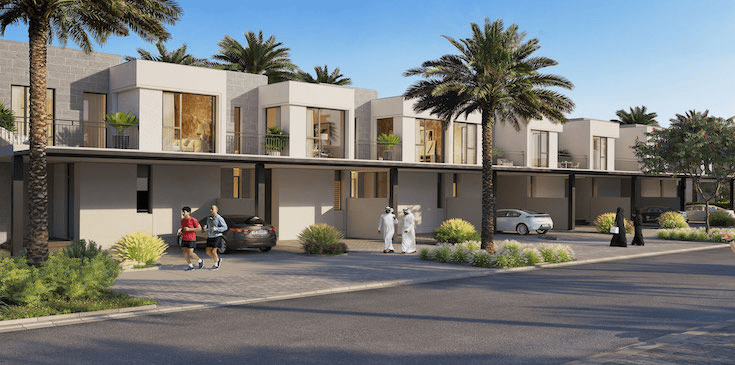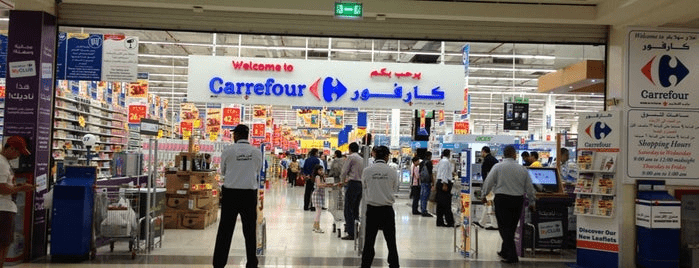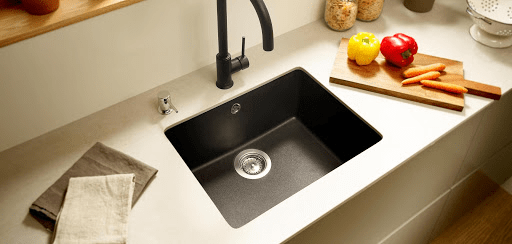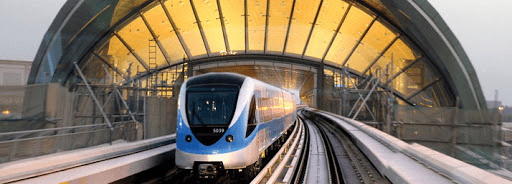Dubai is a booming and vibrant city that attracts people from across the globe thanks to its multitude of opportunities, world-class lifestyle, and secure environment. It’s a popular place to live for single professionals, couples, and families alike. But before deciding to move to Dubai, many people are eager to know the cost of living in the city. Fortunately, Dubai is a place where residents can live an affordable or lavish lifestyle, whichever they choose!
Whilst at first it can take time to settle and adjust, there is a fantastic expat community here and it won’t take you long to feel at home, with the great expat lifestyle, amazing weather (winter months are perfect!), a very safe city and great education choices for your children.
Bear in mind though, these costs can change considerably depending on your personal preferences, lifestyle choices, and area of residence. It’s a common belief that those living in the older parts of Dubai enjoy more affordable choices when it comes to housing, supermarkets and restaurants, while residents living in properties closer to the main artery of the city, Sheikh Zayed Road, and on beachfront areas have more luxurious options.
If you have been asking friends and family, ‘how much does it cost to live in Dubai?’, it’s important to break down the average costs for some of the essential expenses for residents in the city on average for a month.

When looking at the average cost of life in Dubai, one of the most important expenses to consider is housing. Rates have fallen considerably over the last few years and the real estate market now falls favourably towards renters. The Dubai property market is known for its sheer variety of residences available – from grand villas to cosy studio flats – catering to various budgets.
The area that you live in will also impact how much of your income goes towards rent. While established areas such as Dubai Marina, Arabian Ranches, Jumeirah and Barsha have higher rental prices, residents looking to save on rent can find pocket-friendly properties in suburban communities, such as Dubai Silicon Oasis, Reem and Mirdif, or choose to live in some of Dubai’s older districts such as Al Nahda or Deira.

Another important aspect to consider for the cost of living in Dubai is groceries. There are several supermarket chains in Dubai, which stock food items from around the world. Your lifestyle and food preferences can greatly impact your monthly grocery bills.
If you prefer to shop at premium retailers such as Waitrose or Spinneys you can expect a high grocery bill on a regular basis. However, it’s possible to have a lower grocery bill by shopping at affordable supermarkets such as Carrefour, Lulu Hypermarket, or Union Cooperative, purchasing local and in-season produce, and keeping an eye out for bundle offers and discounts.

The Dubai Electricity and Water Authority (DEWA) is the government agency that takes charge of electricity and water utilities throughout Dubai. Different fees apply to set up DEWA in your new home. For apartments, you usually pay a deposit of AED 1,000, and for villas, AED 2,000.
Your average monthly DEWA bill will likely differ during the summer and winter months, as the A/C usage will typically be higher in the summer. Additionally, if you choose to rent a villa with a private pool and garden, you can expect to see your bills further increase.
As for TV and internet packages in Dubai, residents can choose from various packages from the two service providers in the UAE, Etisalat and Du. A basic package will get residents internet download speeds of 250 Mbps, 200+ TV channels, and free calls to UAE landlines, which costs AED 389 per month. Meanwhile, premium packages with 500 Mbps download speeds, premium sports, and entertainment channels will cost AED 1000 or more per month. Similarly, mobile plans in Dubai have packages starting from AED 125 per month but can reach AED 500 and more for better data packages and more calling minutes.

One of the best things about being an expat in the Middle East is lower petrol prices, however, your monthly expenditure will depend on how often and far you drive. You will also need to take into account the costs of car insurance and servicing, which will depend on the type of car you have.
For those who want to save money and use public transport, Dubai is connected by a network of public buses, taxis, ferries and the Dubai Metro. A monthly pass to use public transport (Nol card) that covers all the city zones costs around AED 350 and enables residents to get around easily, but with longer commute time. However, residents can cut down on transportation costs and commute times by living closer to their workplace.

It’s essential to have health insurance and if you are employed, your company will provide this for you. Most companies will cover you and your family with a basic package of cover, but if they don’t, be aware that you need to purchase this yourself and the cost can be extortionate ranging from AED 25,000 to AED 70,000 for a family (with no special benefits) and much of it will operate on a pay and claim a basis in the better hospitals.
If you employ a housemaid, you will be required to provide them with medical insurance as well, typically under the Essential Benefits Plan.

If you have children, you will need to take into account school fees when calculating your cost of living in Dubai with your family. Parents have a choice of schools in Dubai for their kids, with British, American, Indian or IB curriculum being the most popular.
British, American and IB schools typically have higher fees and the best schools can cost between AED 4,000 – AED 9,500 per month, depending on the grade your child is in. Meanwhile, the tuition fees of Indian schools in Dubai is more affordable, with top schools such as GEMS Modern Academy costing AED 2,800 – AED 5,200 per month. But it’s important to bear in mind that the monthly expenses in Dubai for a family will increase when the uniforms, school transport, notebooks, exam fees, school trips and more are included in the calculation.

Residents in Dubai will find that there are so many attractions and activities in the city to try! From fine-dining restaurants, movies, extreme sports, and world-famous tourist attractions, there is never a boring weekend in Dubai.
Compared to its Arab neighbours, Dubai has more lenient rules on entertainment and more abundant nightlife. Pubs and alcoholic drinks are commonplace. With apps and websites like Groupon, Cobone, The Entertainer and Zomato Pro; entertainment costs are made remarkably more affordable. Expats can avail of two-for-one deals or discounts on everything from restaurants and spas to hotels, flights, gym classes and more. This helps keep expenses low while helping expats to enjoy their weekends and all the city has to offer.

The cost to sponsor a maid in Dubai is around AED 5,500 per year with an additional AED 2,000 refundable deposit to GDRFA. This excludes the monthly salary, which can range between AED 1,500 – AED 3,500, depending on the work required, prior experience and more. Additionally, if the housemaid is not live-in, then the sponsor will need to also offer an additional amount for accommodation.
Dubai is the 21st most expensive city in the world. However, as the 14th best-paid city across the globe, these prices are relative. So when deciding to relocate, you have to keep in mind all the one-off costs you might have to bear such as buying a car. All in all, Dubai is one of the safest most welcoming cities to begin a life in. Its vast diversity and easy access to things of your comfort will help you settle in much easier than you think!



